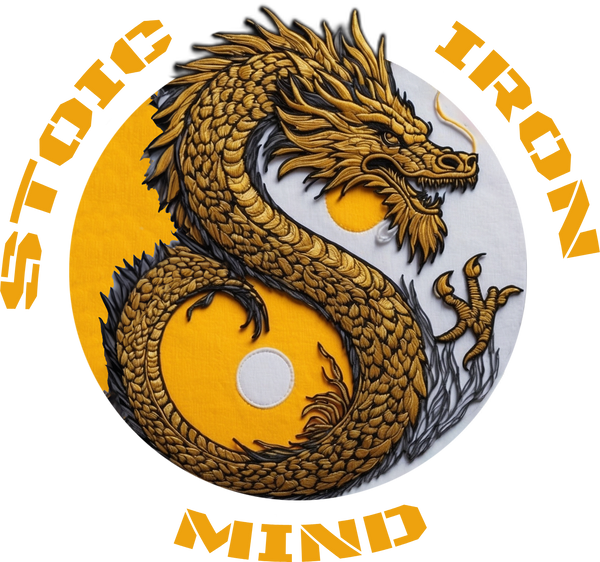
A connection between Machiavellianism and Stoicism
While they may seem like opposites at first glance – Machiavellianism focusing on manipulation and self-interest, and Stoicism emphasizing virtue, self-control, and acceptance of fate – there are some intriguing parallels.
Here are a few key points:
Focus on Self-Interest:
Both philosophies prioritize individual well-being, though their approaches differ. Machiavellians aim to achieve personal power and success through manipulation, while Stoics seek inner peace and contentment by aligning their actions with reason and virtue.
Emotional Control:
Both philosophies emphasize the importance of controlling emotions. Machiavellians use emotional manipulation as a tool, while Stoics seek to eliminate negative emotions through reason and acceptance.
Acceptance of Fate:
Both philosophies acknowledge the role of external circumstances in shaping one's life. However, their perspectives differ. Machiavellians focus on adapting to circumstances to achieve their goals, while Stoics emphasize accepting fate with equanimity and focusing on what is within one's control.
Long-Term Perspective:
Both philosophies advocate for a long-term perspective. Machiavellians plan for the future to achieve long-term goals, while Stoics focus on living a virtuous life in the present, trusting that the future will unfold as it should.
While these parallels exist, it's crucial to remember that Machiavellianism and Stoicism represent fundamentally different approaches to life. Machiavellianism often involves unethical behaviour, while Stoicism emphasizes ethical conduct and inner peace.
